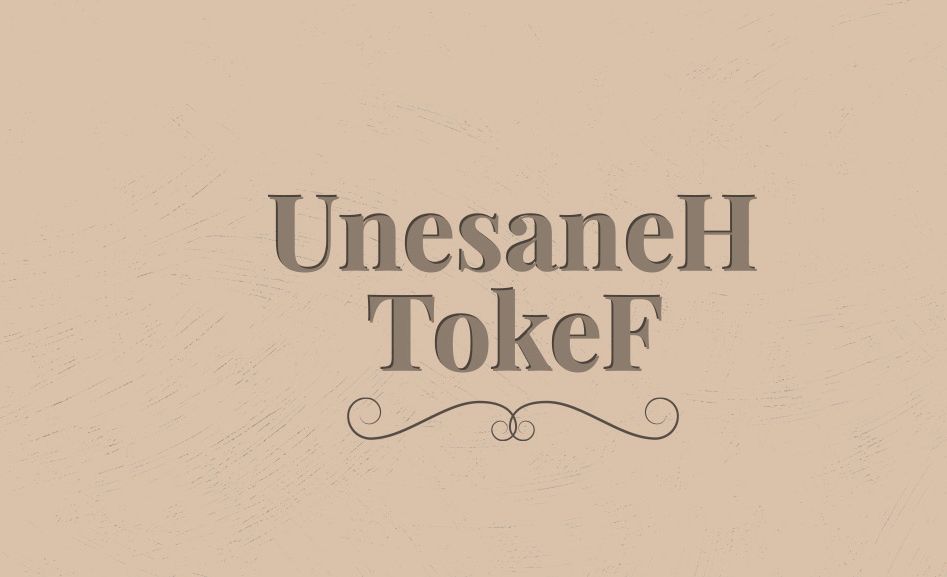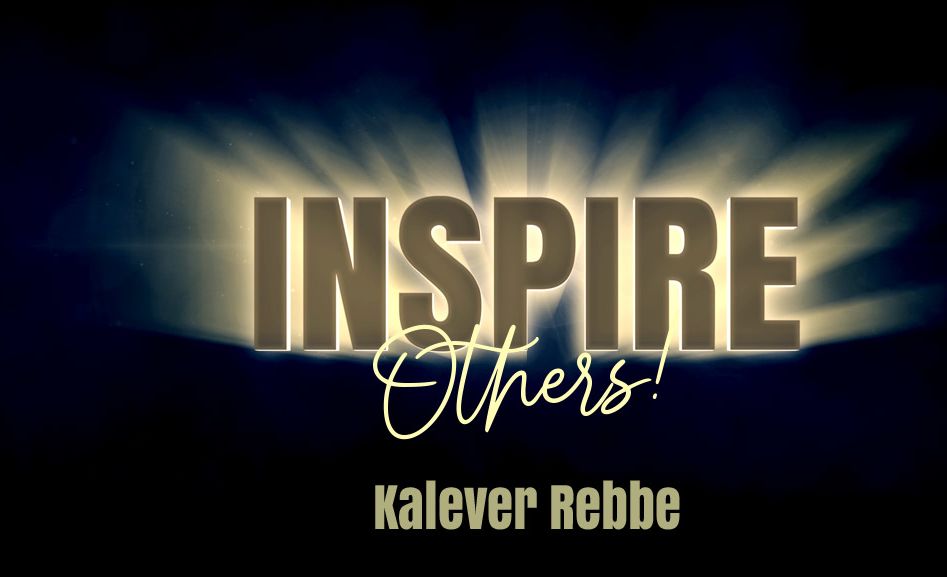
Wake Up and Change
True, we will get older this year. We will experience events that bring us happiness and events that will disappoint us or make us sad. But haven't we...

The words “Rosh Hashanah” are so familiar that they practically need no translation. Just about everyone knows that the holiday of Rosh Hashanah is the Jewish New Year. Yet do we know what this concept of a “new year” really means? Is it just referring to a different calendar date? Doesn’t the very name seem to beg us to ask the question, “What’s really going to be new about this year?”
True, we will get older this year. We will experience events that bring us happiness and events that will disappoint us or make us sad. But haven’t we experienced all that before? Will there be anything that happens to us that is, in its essence, something new?
We can begin to find an answer to our question by looking at the three letter root of the Hebrew word “shanah” – year. When we do so, we discover that it shares the same root with the word “shinui,” change.
Change is at the very heart of the period known as the Ten Days of Repentance, which begins on Rosh Hashana and culminates on Yom Kippur, the Day of Atonement. If we were perfect beings, we would have nothing to atone for. The very fact that we are asked to go through this process of repentance and atonement every year of our lives means that there are still things we need to change.
What sort of things do we need to regret and make atonement for? Many people think that repentance is only necessary for the really big transgressions – murder, highway robbery, and the like. Yet this is a mistaken belief.
Each and every one of us was created in the Divine Image to perform a unique task in this world. When we allow less than desirable middot (character traits) to prevent us from fulfilling our life’s purpose – whether it be anger, lack of compassion, or depression – we must make amends. And we must make a decision to change, to do better and accomplish more during the coming year.
Yet our Sages warn us to not let the inspiration of these days lift us up so high that we cannot help but crash afterward. Just as we must look at our broken souls with a truthful eye, we must be truthful about how long the repair job is going to take.
If, for example, a person decides to work on anger, he cannot hope to totally eradicate his angry feelings and outbursts at once. If he resolves to be 100 percent anger-free today, right now, this very instant, his resolution won’t make it through even one day. Instead, this person needs to work on taking incremental steps that he can achieve. He can resolve that whenever he feels anger welling up inside him, he will count to 10 before responding. Or he can resolve to do a relaxing meditation exercise every morning before he goes to work. Or he can resolve that every morning before he leaves for work he will think of one thing in his life that he is grateful for. (And most important of all, he can spend time in hitbodedut, asking Hashem to help him overcome his anger. Editor)
If this person can persist in doing just this one thing, by next Rosh Hashanah he will have changed. He will be a new person. He will be a calmer person. He will be a person who is more at peace with himself. Or he will be a more grateful person.
Yet perhaps there is a small voice inside him that says, “So what? Don’t I still get angry? What have I really accomplished?”
This voice belongs to an entity known as the yetzer hara – the evil inclination. Everyone has one, and despite the name, the yetzer hara is actually a person’s best friend. His negative, nay-saying voice alerts us to the fact that we are on the right track – otherwise, why would he (or she) object to what we are doing?
Because the truth is that every time we choose not to get angry, we are increasing peace in the world. Every time we choose to be joyful instead of being depressed, we are making the world a more joyous place. And every time we choose to do a favor for someone instead of ignoring their need, we are making the world a more compassionate and loving planet.
With our one small action, we have transformed the world. We have created a new reality.
So if we have this tremendous power to transform the world, why don’t we all get inspired during these Ten Days of Repentance and find the strength to stick to our resolutions? Because the word “shanah” is also similar to another Hebrew word – “sheina,” or “sleep.”
The sad truth it that we can go through the month of Tishrei in our sleep. We can sleepwalk to synagogue, sleep through the prayer service on Rosh Hashanah, and be totally oblivious to the work we are supposed to do during the week between Rosh Hashanah and Yom Kippur. And then, of course, we can remain peacefully asleep throughout the rest of the year. And we can stay asleep for the rest of our lives.
Rav Eliyahu E. Dessler writes in his book Michtav Me’Eliyahu (translated into English as Strive for Truth!) about this phenomenon. In the Talmud (Nedarim 9b) it is written that, “the wicked are full of regrets”. Rav Dessler asks, if this is the case why don’t the wicked repent and change their ways? Why do they stay wicked?
His answer is that everyone – even the wicked – feels remorse from time to time. Yet if this regret remains as something external to the person, it will quickly dissipate and be forgotten. It won’t make a lasting impression on the person. When Rosh Hashanah rolls around again, the person will again feel regret, but she won’t make an effort to take the concrete steps necessary for real change.
A person who doesn’t perfect her middot is not necessarily wicked, yet she may be squandering her precious time in this world on useless and perhaps even destructive things. Which is why the shofar is blown on Rosh Hashanah and at the end of Yom Kippur. The shofar is our wake-up call. Its sharp and piercing blasts are designed to rouse us from our spiritual slumber.
“A year is waiting to begin,” the shofar tells us, “but what sort of year it will be depends on you. If you stay asleep, it will be just another year. But if you make a change for the better – no matter how small – the year really will be new.”
***
Libi Astaire is the author of Choose Light! Chassidic Tales for Chanukah, Rosh Hashanah, Sukkos, Passover & Shavuos; Breakfast with Rav Zusha and Other Stories to Wake Up Your Soul; and the award-winning Jewish Regency Mystery Series. Visit her website for more information about these and other books.












Tell us what you think!
Thank you for your comment!
It will be published after approval by the Editor.